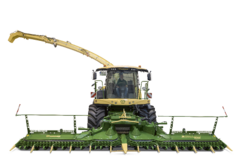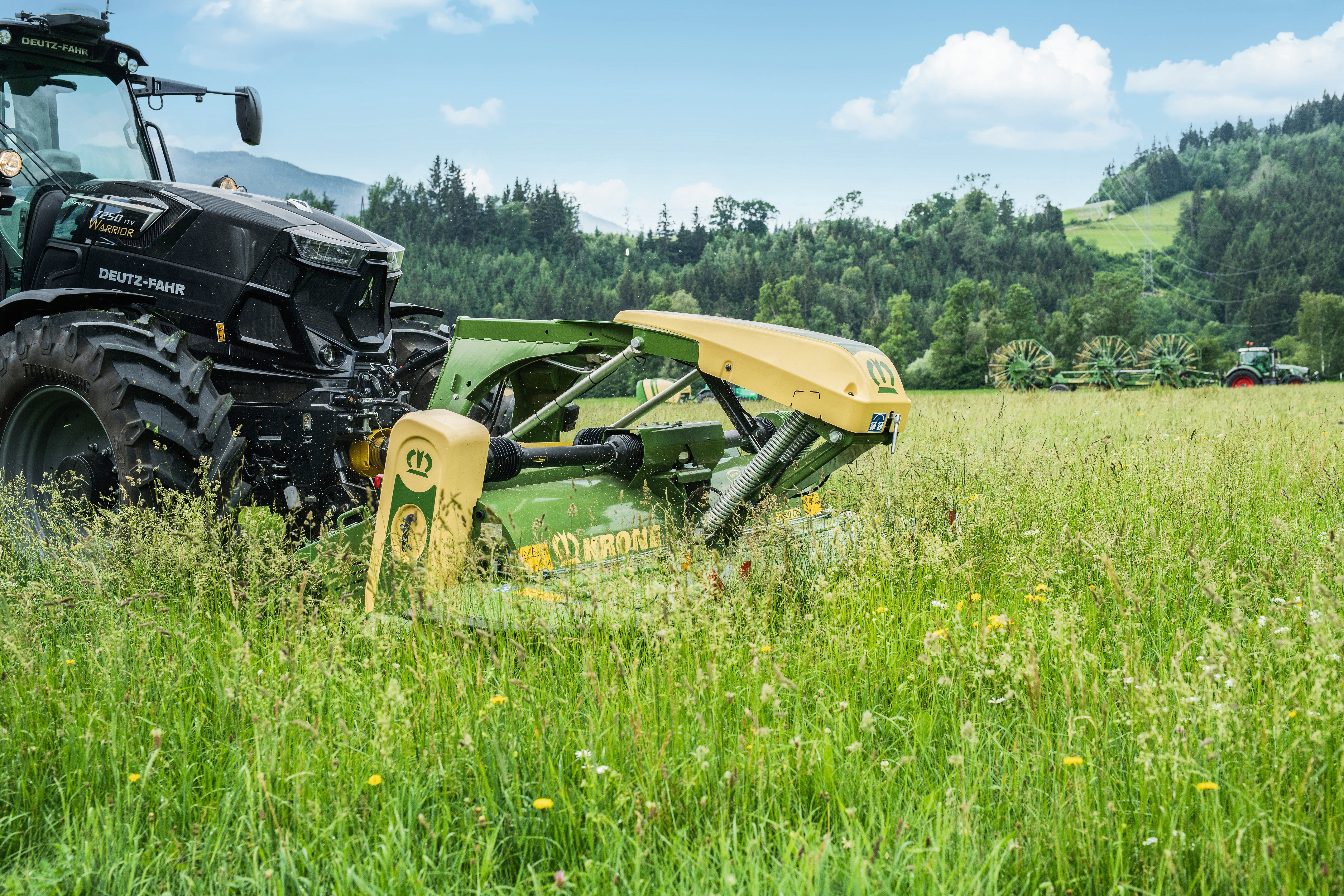Machinery adjustments should be considered by farmers and contractors this spring, to prevent silage contamination from soil due to the wet conditions affecting farms across the country.
Ben Davies, Krone UK product manager, acknowledges machinery will need to be adjusted if the ground has been damaged by poaching or wheel marks.
He therefore stresses the importance of setting up mowers as flat as possible and not cutting too close to the soil surface, to avoid causing contamination and smearing.
“Combined with applying the lowest possible pressure on the bed, this flat setup will leave a decent stubble height and allow the mower to follow the contours of the ground. In turn this will help the tedder and rake achieve a clean pick up, by avoiding tines catching the soil,” says Mr Davies.
“Leaving a reasonable length of grass stubble will also help machines keep traction and encourage grass re-growth.”
To further reduce the risk of spoilage, Mr Davies explains the swath width should be set to avoid the tractor wheels pressing cut grass into the ground on the next pass
“I’d also set the conditioner baffle to provide intense conditioning for better drying,” he says.
Ahead of cutting it is also important to check mower discs for wear and tear, and ensure knives are sharp and running freely, so repairs can be made in good time.
Mr Davies outlines other areas to check before heading out silaging.
“It goes without saying to make sure there are no signs of hydraulic or gearbox leakage, the PTO shafts are well greased and there’s no obvious damage to tines. Don’t forget to optimise tractor tyre pressures as well,” he says.
“If you do notice excessive wear, be sure to pick up the phone to your local Krone dealer, as Krone machines have replaceable wearing parts that are easy to install on-farm.”
For more information or advice, speak to your local machinery dealer
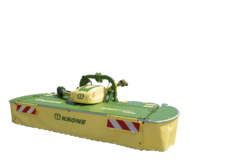
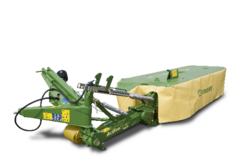
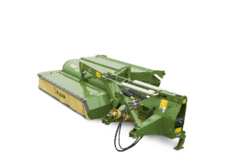
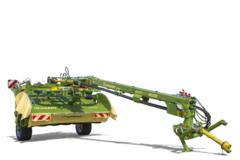
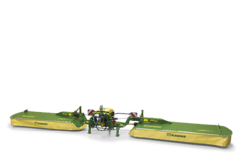
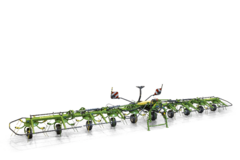
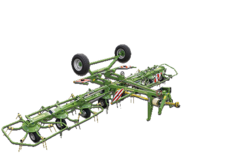
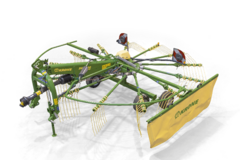
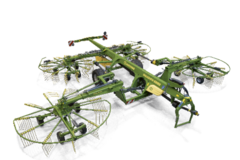
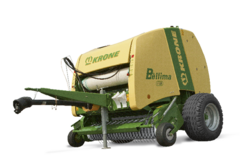
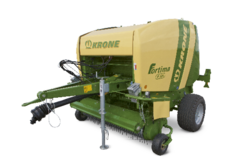
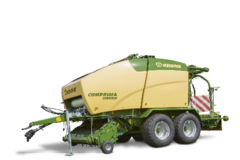
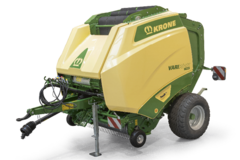
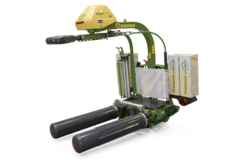
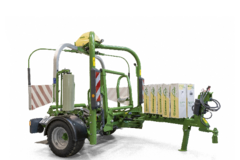
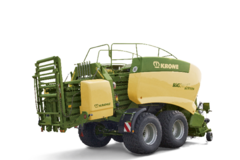
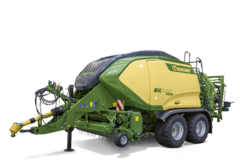
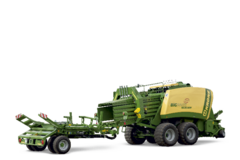
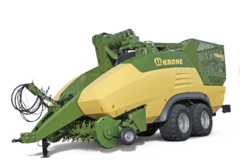
![[Translate to EN (US):] [Translate to EN (US):]](/fileadmin/_processed_/4/f/csm_RX_Freisteller_468x468px_6ecb398329.png)
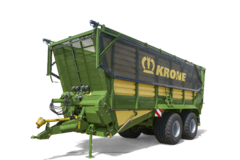
![[Translate to EN (US):] [Translate to EN (US):]](/fileadmin/_processed_/0/a/csm_ZX_Freisteller_468x468px_cc1e39f93f.png)
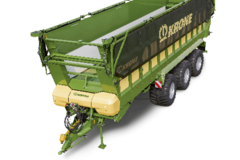
![[Translate to EN:] [Translate to EN:]](/fileadmin/_processed_/5/7/csm_BiGM_KRONE_Freisteller_468x468px4_a92e7475bc.png)
![[Translate to EN (US):] Testname](/fileadmin/_processed_/4/7/csm_BiGX480_Freisteller_468x468px9_1017c2fa62.png)
